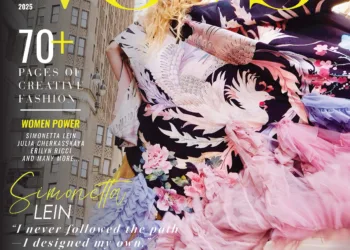In a groundbreaking development for fair labor practices, major international fashion players, such as H&M and Gap, have announced their commitment to pay higher prices for garments manufactured in Bangladesh. This pledge comes on the heels of the Bangladeshi government’s decision to implement a nearly 60% increase in the minimum monthly wage for garment workers, starting at BDT12,500 ($113) from December—an essential move to address labor concerns.
As the second-largest global apparel exporter after China, Bangladesh holds a pivotal role in the fashion supply chain. The wage hike, a response to demonstrations and clashes between police and factory workers, underscores the industry’s growing focus on equitable compensation for labor.
Factory owners, anticipating a 5-6% increase in costs and expressing concerns about profit margins, are met with a commitment from the American Apparel & Footwear Association (AAFA). Representing over 1,000 brands, including industry giants like H&M and Gap, AAFA reaffirms its dedication to responsible purchasing practices. Stephen Lamar, AAFA’s Managing Director, states, «We are committed to adopting responsible purchasing practices to support wage increases.»
Lamar also advocates for an annual minimum-wage review mechanism, safeguarding Bangladeshi workers from economic fluctuations. Despite the forthcoming minimum wage increase, perceived as insufficient by some workers, Bangladesh will still trail other Asian garment manufacturing countries in average monthly wages.
Bangladesh’s thriving apparel industry, employing approximately 4 million people and contributing nearly 16% to the country’s GDP, has traditionally thrived on lower wages. The recent commitment from global fashion brands to accept higher prices signals a broader industry acknowledgment of the need for ethical manufacturing practices and fair compensation.
US and European fashion retailers, significant buyers of Bangladeshi garments, are vocal about their commitment to fair wages. In a letter to Bangladesh’s Prime Minister Sheikh Hasina, AAFA members, including Abercrombie & Fitch and Lululemon, stress the importance of considering inflation, currently at 9% in the country. This collective move marks a positive step towards fostering responsible and sustainable practices in the global fashion industry. Explore this pivotal shift towards fair labor practices with H&M, Gap, and other industry leaders.


































